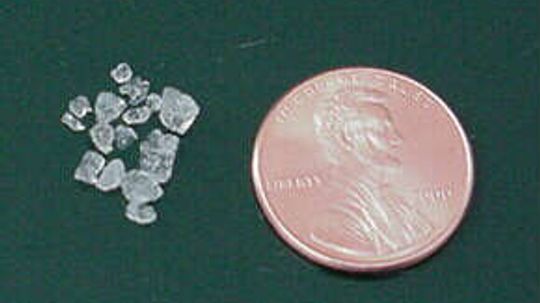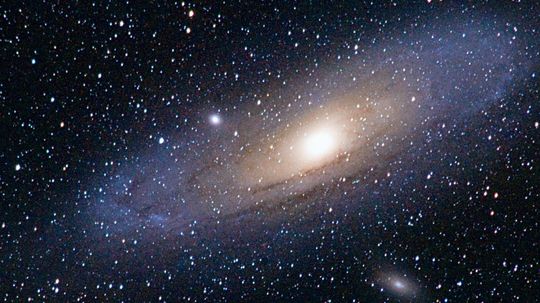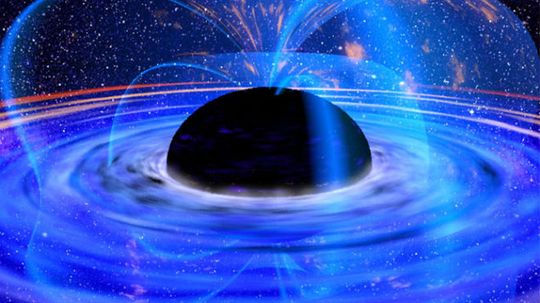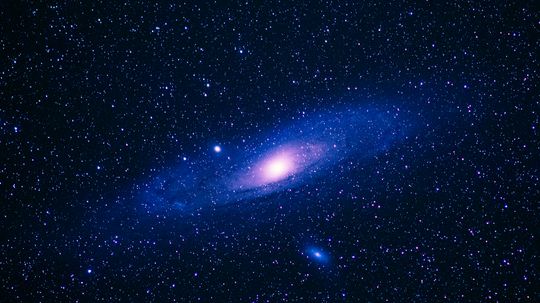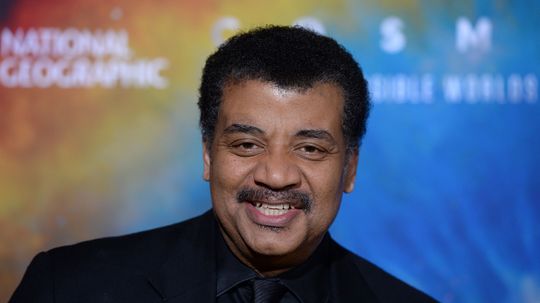Science Dictionary
Do you know what a meteor is, or what scientists mean when they are talking about cryogenics? Our collection of science terms explains the meaning of some of the most common scientific ideas.

10 Scientific Words You're Probably Using Wrong

Can a planet float on water?

Can You Nominate Yourself for a Nobel Prize?

How Do You Win a Nobel Prize?

What Are the Masons?

Quiz: How Much Do You Know About Stephen Hawking?

10 Cool Things About Carl Sagan

10 Cool Things About Neil deGrasse Tyson
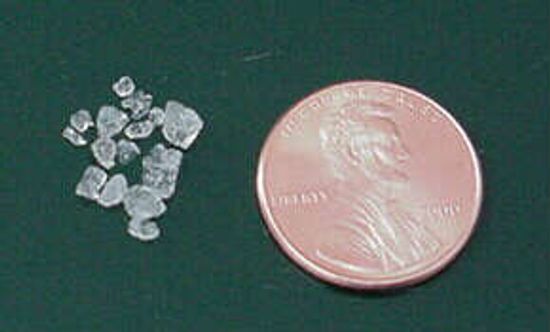
How do polymer crystals work and why do they absorb so much water?

Is a Karat the Same as a Carat?
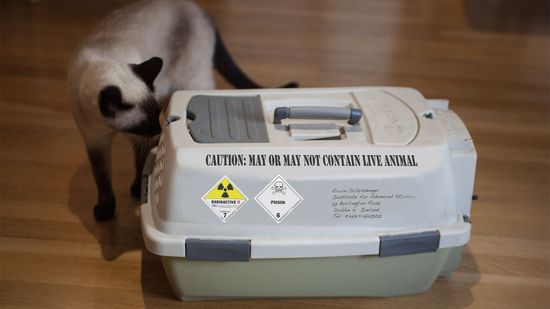
4 Quantum Physics Misconceptions, Busted

Chaos Is Not Randomness: A Complex Systems Scientist Explains
Learn More / Page 2
Polymer crystals are amazing in that they can absorb many times their size. In fact, one pound of these crystal flakes can hold up to 50 gallons of water. Find out what these polymer crystals are and why they are able to absorb so much water.
Have you ever really thought about the scale of the universe? A good starting point is the teaspoon.
If you took all of the matter in the universe and you pushed it all into one corner, how much space would it take up? I am trying to understand how much of the universe is 'empty.'
Advertisement
How does 24-karat gold relate to a 1-carat diamond in an engagement ring? It turns out there's a difference between these identically sounding measurements.
A light-year is a way of measuring distance, which doesn't make much sense because "light-year" contains the word "year," which is normally a unit of time. So, how does a light-year measure distance?
Comets are remarkable pieces of our universe's past, and they tell us a great deal about how the universe was formed. Learn about the long but rewarding process of discovering and analyzing comets.
A black hole occurs when a massive star dies -- its enormous mass implodes and becomes so heavy that it bends space. So how do astronomers detect something that they can't see?
Advertisement
For decades, stargazing scientists have been facing their own darkness on the edge of town as they try to explain one of astronomy's greatest mysteries: dark matter. Have they been successful, or will the universe carry its secrets for a long time?
He was born exactly 300 years after Galileo died. He never won a Nobel Prize, although he was awarded a guest spot on “The Simpsons.” What else do you know (or not know) about this acclaimed physicist?
By Jane McGrath
Every day, astronomers unravel a little more of the universe's inner workings, but the jury is still out on 95 percent of its contents.
By Robert Lamb
He ventured to the abyss of black holes, wagered on the information paradox and floated around in zero gravity. Meet the man, the legend, the super scientist: Stephen Hawking.
Advertisement
How cool would that be to stand amongst the company of fellow laureates like Mother Teresa or Albert Einstein? We have some ideas for scoring you one.
How do scientists find details about the early days of our solar system? One way is to investigate comets. Find out how the Deep Impact spacecraft fired an impactor into Comet Tempel 1 to get some answers.
By Carolyn Snare
Scientists announced the discovery of the largest known planet in the universe. TrES-4 has a density similar to balsa wood, and some say this gas giant could float on water. Learn why this planet is so puzzling and how planet hunters make amazing discoveries like these.
So much about galaxies remains a mystery. We know what they're made of and that we live in one (the Milky Way), but how many galaxies are in the universe?
Advertisement
He starred with Superman, drove the getaway car at Pluto's demise and was voted sexiest astrophysicist by People magazine. Is there anything Neil deGrasse Tyson can't do?
He is famous for a phrase he never said, for wearing turtlenecks and for hosting the original 'Cosmos' TV series. As enthusiastic about the stars as he was about marijuana, Carl Sagan led a very surprising life.
Everyone knows that nothing travels faster than the speed of light, but how does the speed of dark compare? Read on to find out!
By Bambi Turner
If you have a theory that potato chips are making you fat (with the proof being your expanding waistline), you've just used two scientific terms in a very unscientific way.
By Beth Brindle
Advertisement
He built President Eisenhower an indoor golf-training machine, analyzed the Zapruder film and searched for an Egyptian pyramid's treasure chamber using cosmic rays. Aren't you dying to meet this wide-ranging scientist?
The man who had some theories about relativity was also an eccentric who gleefully eschewed socks, dodged German military service and spurned social conventions.
You've heard of the big bang, of course, but do you have any idea as to what was happening during that massive flurry of activity billions of years ago?
By Robert Lamb
So much of our cosmological history starts with the much-discussed Big Bang, but what led up to that cataclysmic moment? And did time even exist back then?
Advertisement
As much as we might like to think that our collective knowledge has unlocked most of the mysteries of the universe, we’ve really only got a hold on a tiny fraction of the knowledge required to fully understand it all—and it’s a weak hold at best. But every once in a while a new theory […] The post 12 Of The Most Mind-Blowing Scientific Theories Ever Conceived appeared first on Goliath.
By Wes Walcott
From astronauts to doctors to an archaeologist, we present eight scientists whose contributions to science, engineering and math were inseparable from their identities as Indigenous Americans.
By Dave Roos
